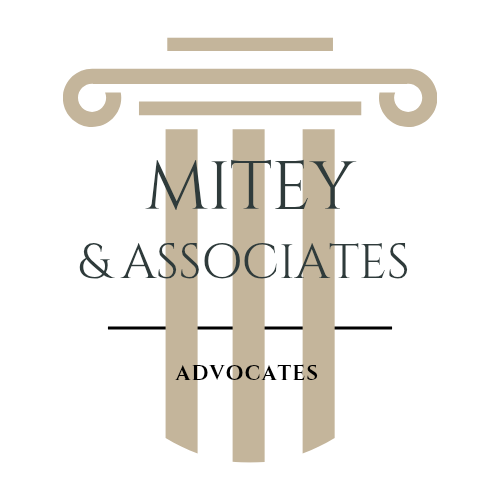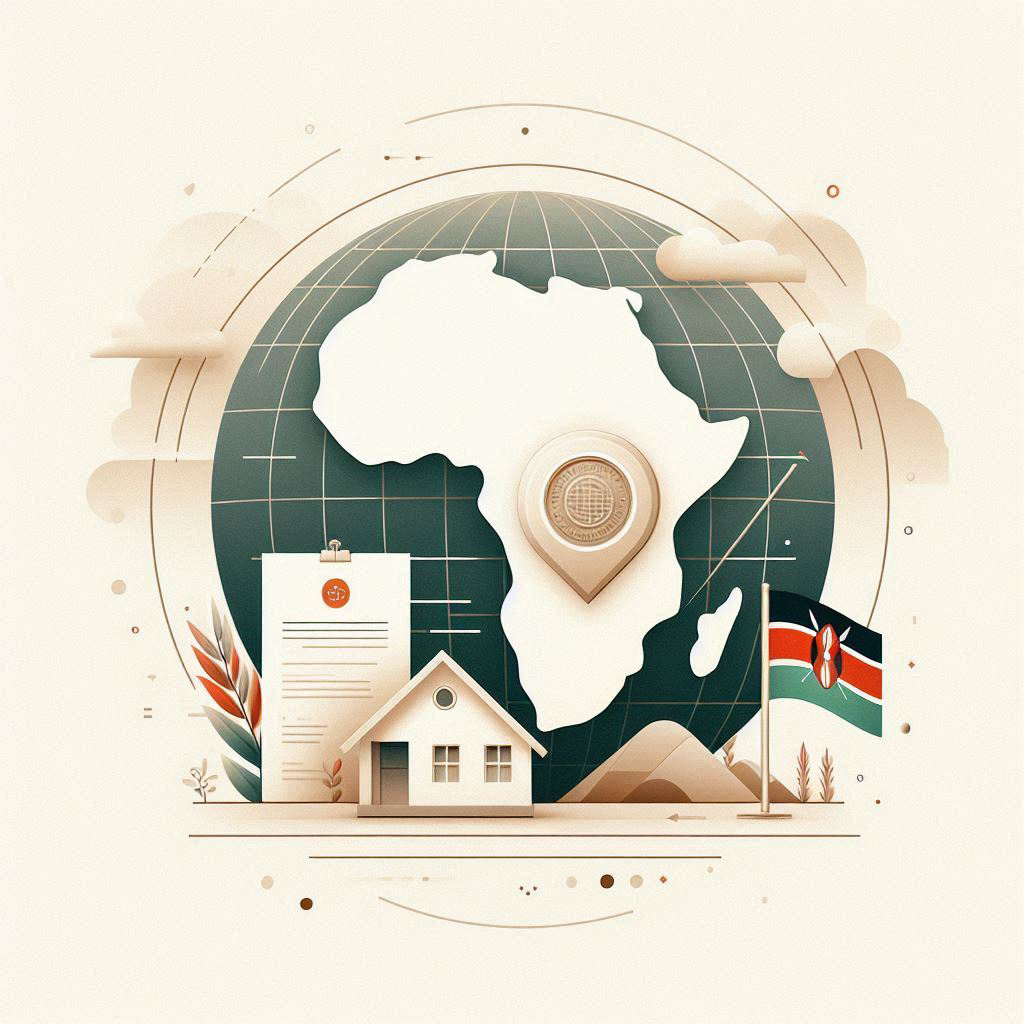5 Things to Consider Before Registering an NGO in Kenya
Starting an NGO in Kenya can transform your passion into meaningful social impact. Yet the journey involves navigating multiple legal requirements under the NGO Coordination Act (Cap 19), the Public Benefit Organisations (PBO) Act, 2013, and their accompanying regulations. Overlooking even one step—such as a Form 2 name reservation, a key constitutional clause, or your PBO transition—can lead to costly delays, penalties, or deregistration.
At Mitey & Associates, led by Mitey—a former Court of Appeal judge with over 25 years’ experience—we guide founders and social enterprises through each statutory requirement with clarity, empathy, and precision. Below are the five critical considerations to ensure your NGO launches smoothly and remains compliant for long-term success.
1. Name Reservation & Brand Due Diligence
Your NGO’s name establishes its legal identity and public brand. Under the NGO Regulations 1992, you must file Form 2 for name reservation via the eCitizen portal or at the NGO Board office. This reserve holds your name for up to 60 days. Names that are too similar to existing NGOs, imply government affiliation, or include political terms are routinely rejected.
Why it matters: A rejected reservation can delay your registration by weeks, harming donor trust and operational timelines.
Best practices:
- Prepare two to three alternative names in advance.
- Avoid acronyms or abbreviations that might mislead.
- Search the NGO Board directory to confirm availability.
How we help: We perform comprehensive legal and brand due diligence, advise on naming strategy, and file your Form 2 correctly—minimizing risk and expediting your launch.
2. Drafting a Robust Constitution & Governance Framework
A well‐crafted constitution is the backbone of your NGO’s transparency and accountability. Under both the NGO Coordination Act and the PBO Act, 2013, your constitution must include:
- Objectives and public‐benefit activities (per the Second Schedule of the NGO Regulations)
- Governance structures, such as board composition, AGM procedures, and officer roles
- Financial controls, including audit requirements, reporting schedules, and use‐of‐funds restrictions
- Dispute‐resolution and dissolution clauses
Using generic templates often leads to constitutional deficiencies or audit red flags.
Why it matters: A compliant constitution builds donor confidence and prevents internal disputes.
How we help: We tailor your constitution to reflect your mission and satisfy all statutory requirements, drawing on guidance from Kenya Law and best‐practice models from the Council on Foundations.
3. Annual Compliance, Reporting & Tax Exemption
Securing initial registration is only the beginning. Kenyan NGOs must maintain compliance by:
- Filing annual returns (Form 14) within 90 days of your financial year‐end.
- Submitting audited financial statements if revenues or expenses exceed Ksh 1 million, prepared per IFRS by auditors registered with ICPAK.
- Reporting changes in board members, office addresses, or constitutional amendments to the NGO Board.
To secure or retain tax‐exempt status under the Income Tax Act, you must demonstrate that your activities serve a public benefit and maintain transparent accounting. Non‐compliance can incur fines starting at Ksh 25,000, deregistration, and loss of funding eligibility.
Why it matters: Regular compliance protects your legal status, preserves tax benefits, and upholds donor trust.
How we help: We manage all annual filings, coordinate audits, and guide your tax‐exemption applications—ensuring you remain in good standing and free from penalties.
4. Structuring Donor Agreements & Preparing for PBO Transition
Donor agreements formalize the relationship between your NGO and its funders. Under Kenya’s Contract Law and NGO regulations, ambiguous terms can trigger disputes, audit issues, or fund‐clawback clauses. Your agreements should clearly define:
- Scope of work, deliverables, and performance indicators
- Reporting schedules and accountability metrics
- Use‐of‐funds restrictions aligned with your constitution
- Dispute‐resolution and termination clauses
Meanwhile, the PBO Act requires existing NGOs to transition to PBO status by May 13, 2026, while organizations formed after May 14, 2024 must register directly under the PBO regime. PBO registration offers:
- Tax exemptions on charitable income and eligible donations
- VAT and duty waivers on imports for public‐benefit activities
- Preferential access to government procurement processes
- Eased immigration procedures for international staff
Why it matters: Missteps in donor contracts or failing to transition can strip your NGO of critical legal and financial benefits.
How we help: We draft donor agreements that comply with Kenyan law and your constitution, and manage your PBO conversion—from constitutional amendments to formal submissions—so you retain all legal advantages.
5. Choosing the Right Legal Vehicle: NGO/PBO vs. Company vs. Trust
Kenya provides several legal forms for social‐impact work:
- NGO/PBO under the PBO Act—ideal for most charitable organizations
- Company Limited by Guarantee under the Companies Act 2015—favoured by entities seeking corporate governance structures recognized by international donors
- Trust under the Trustees Act—suitable for asset‐holding or specific charitable purposes
Each vehicle carries different governance, asset‐protection, and dissolution requirements.
Why it matters: Selecting the wrong entity can complicate governance, restrict fundraising, or expose leaders to unexpected liabilities.
How we help: We assess your mission, funding sources, and operational model to recommend the optimal structure—NGO/PBO, company, or trust—and handle the formation or conversion process seamlessly.
Ready to Launch Your NGO with Confidence?
Forming an NGO should empower, not overwhelm, you. With Mitey & Associates by your side—from name reservation to PBO transition—you gain the legal clarity and peace of mind needed to focus on your mission.


